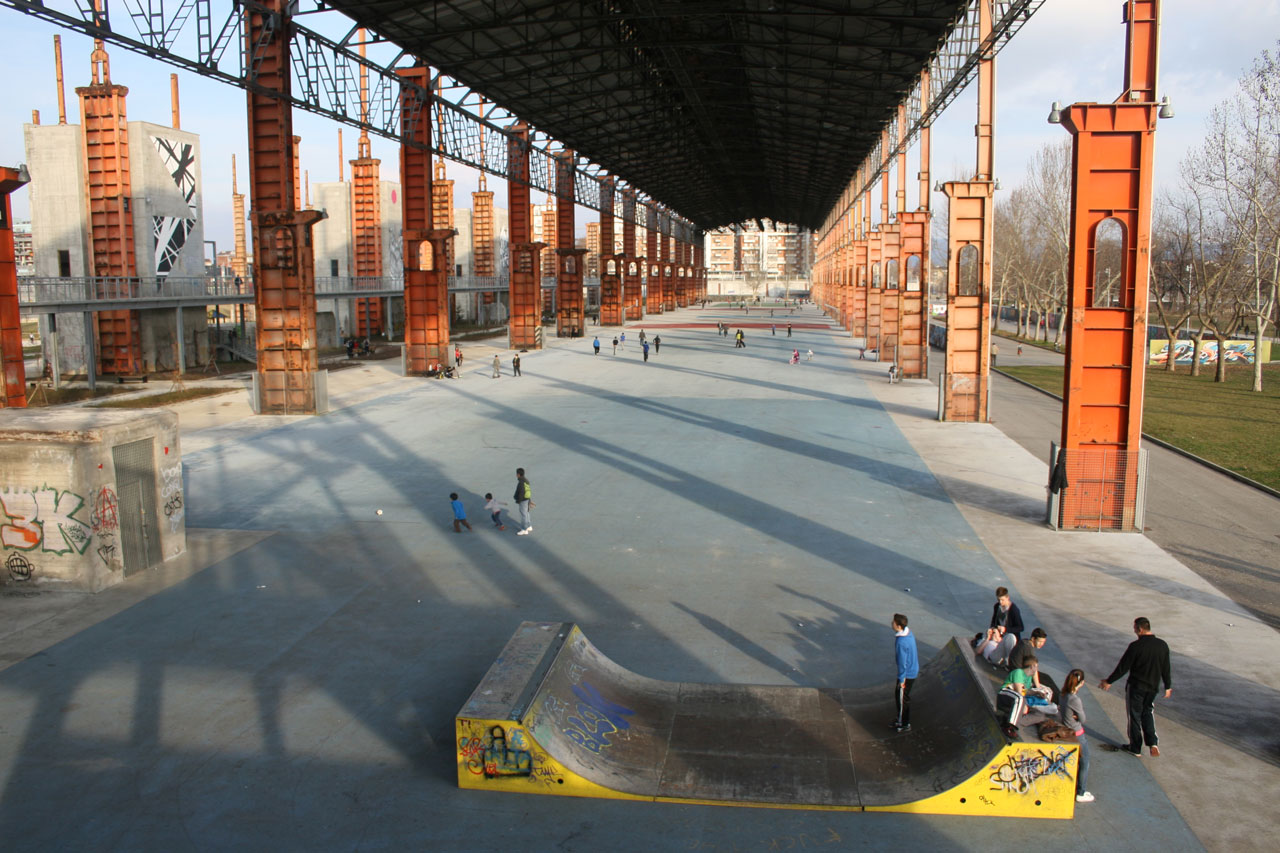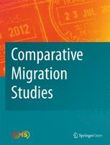Segnaliamo l’articolo di Ferruccio Pastore e Emanuela Roman “Framing migration in the southern Mediterranean: how do civil society actors evaluate EU migration policies? The case of Tunisia” pubblicato all’interno della special issue curata da Ricard Zapata-Barrero e Luisa Faustini “Migration Research in the Mediterranean in Perspective: Variable Focal Length” della rivista Comparative Migration Studies (CMS) 2020 8:2 .
Abstract
After repeated failed attempts to reform its dysfunctional internal architecture, the external dimension has become the real cornerstone of the EU’s migration strategy, with the Mediterranean as its main geographical priority. In spite of routine rhetorical references to its cooperative and partnership-based nature, the EU external migration policy-making remains essentially unilateral and top-down. Civil societies of sending and transit countries, in particular, tend to be excluded; however, better understanding the policy frames and priorities of “partner” countries’ stakeholders vis-à-vis EU migration policies represents a crucial task. Based on extensive fieldwork carried out in the context of the MEDRESET project, this article contributes to fill this gap by focusing on the case of Tunisia. In a context of much lower salience and politicisation compared to the European context, Tunisian civil society actors are critical about the EU’s security-based framing of migration and mobility. However, rather than displaying a radically antagonistic stance, the most influential Tunisian civil society stakeholders show an overall collaborative attitude towards the EU. This may represent a strategic resource for the EU to promote a more participatory governance of migration, which may lead to more balanced, effective and mutually beneficial migration policies in the Mediterranean region.








